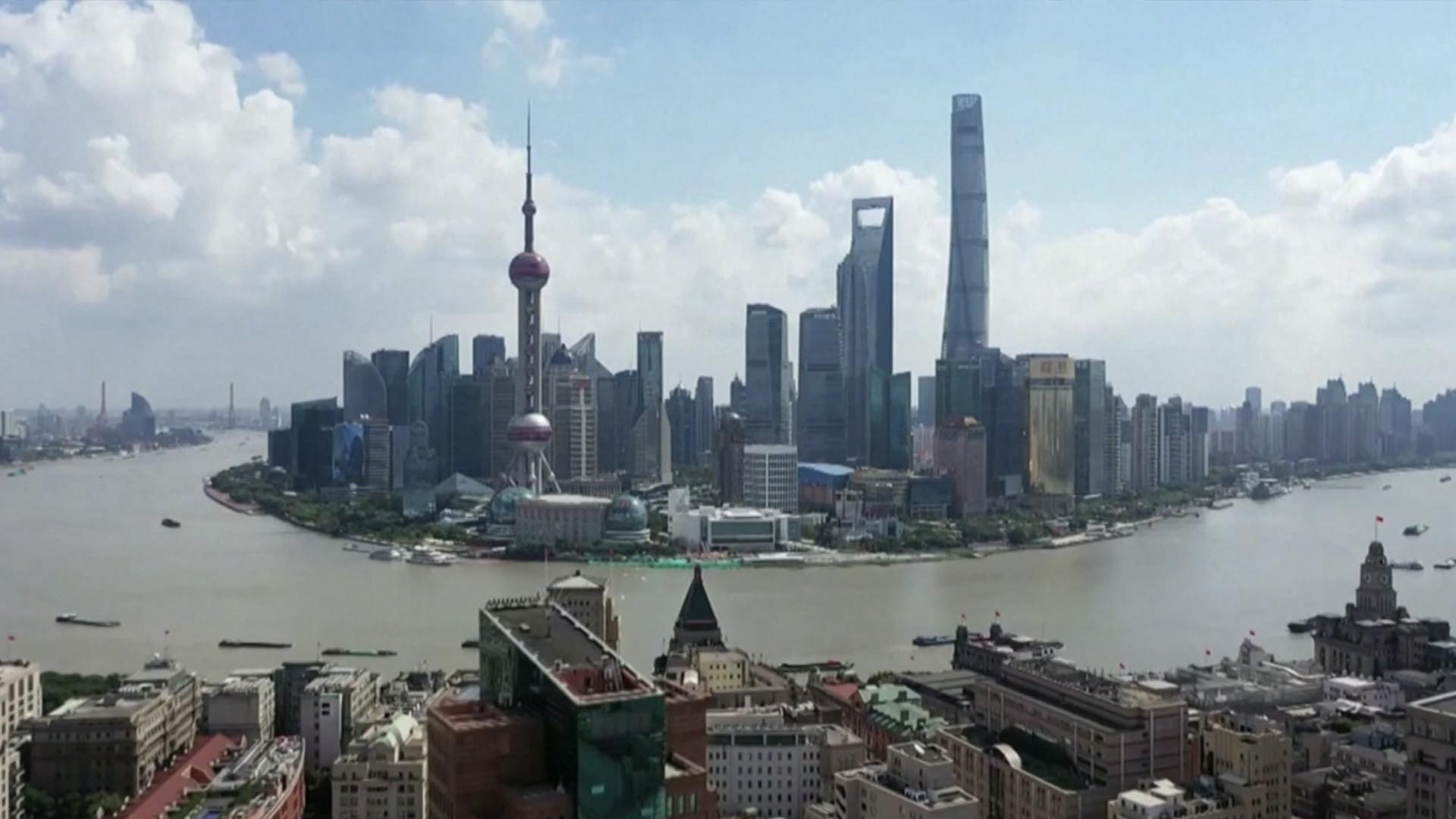02:53

While talking about free trade zones, you may think of industries like finance and technology. But hidden in Shanghai free trade zone in Pudong is a storage space set up to house artwork.
Eight years ago, this space was only for storing and exhibiting artwork, but now domestic and foreign companies are using it to trade art pieces. Companies put their pieces here temporarily, and it takes only five days to grant their pieces permission to be sent abroad or enter the Chinese market.
In the first half of the year, the total value of all artwork imported and exported via Shanghai free trade zone reached more than $920 million, a historic high.
Hu Huanzhong, deputy general manager of Shanghai Waigaoqiao Free Trade Zone Group, said they hope the storage space could allow Chinese people to have a more convenient way to enjoy or consume pieces of art.
"Meanwhile, we also want domestic art to travel abroad by Shanghai free trade zone," said Hu.
The free trade zone's movement in facilitating trade echoes the State Council's goal of building Pudong into a center of global resource allocation. And the policies are also attractive to multinationals.

Wieland set up its China bureau in Shanghai's Pudong New Area in 2001. /CGTN
Wieland set up its China bureau in Shanghai's Pudong New Area in 2001. /CGTN
German metal maker Wieland joined a campaign called the Global Operation Program last year. Under the special program, Wieland can enjoy special assistance provided by the local government, tackling any problems in their China operations.
Overseas payment has always been a headache for Wieland, but with help from the Pudong government, the company has a more convenient way to make their transactions.
"Previously, if we do third-party trading via air freight, we cannot pay the foreign currency outside of China to suppliers. Right now, we can do that through Bank of China," said Gao Guihua, managing director at Wieland Metals Shanghai.
The special program has even helped the firm's China sales to surge 30 percent in the first half of this year. And a total of 41 companies, like Wieland, have benefited from the program.
"Every company has its own team from the local authorities to help them with all kinds of services," said Li Xiaohong, director of the economic development bureau at Shanghai free trade zone.
Li says 52 companies in the free trade zone have shown interest in joining the Global Operation Program as the second batch. Most of these new firms are in industries like bio-medicine, smart manufacturing and high-end services.

